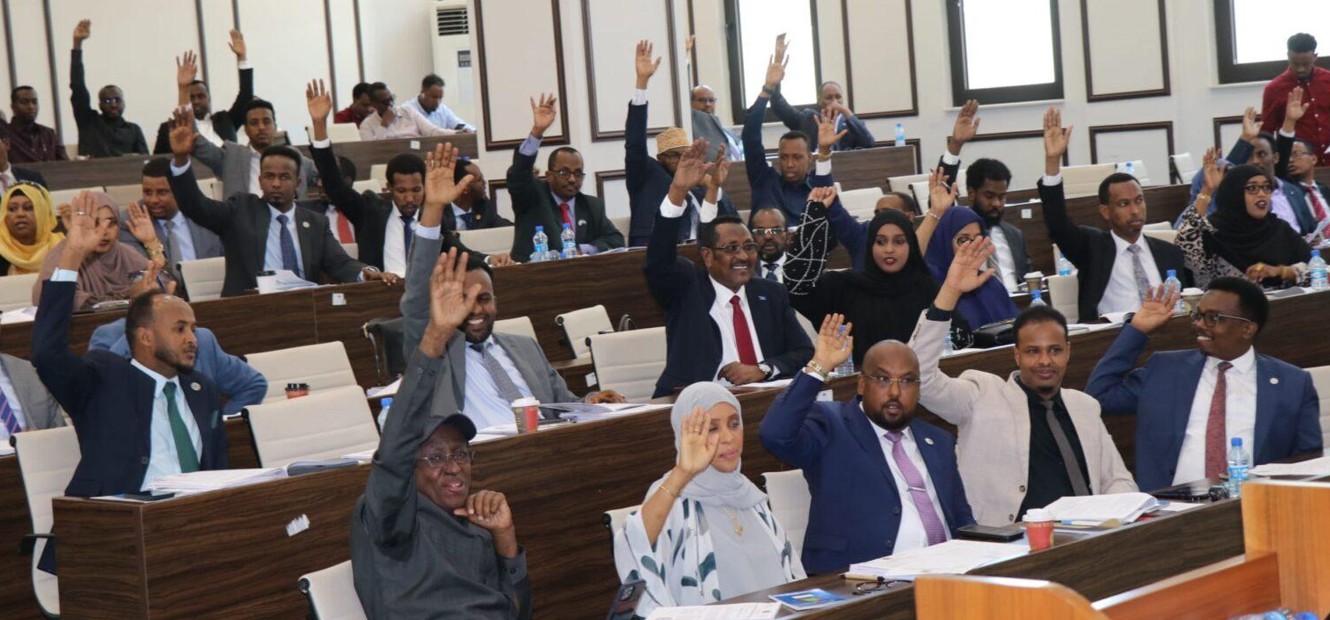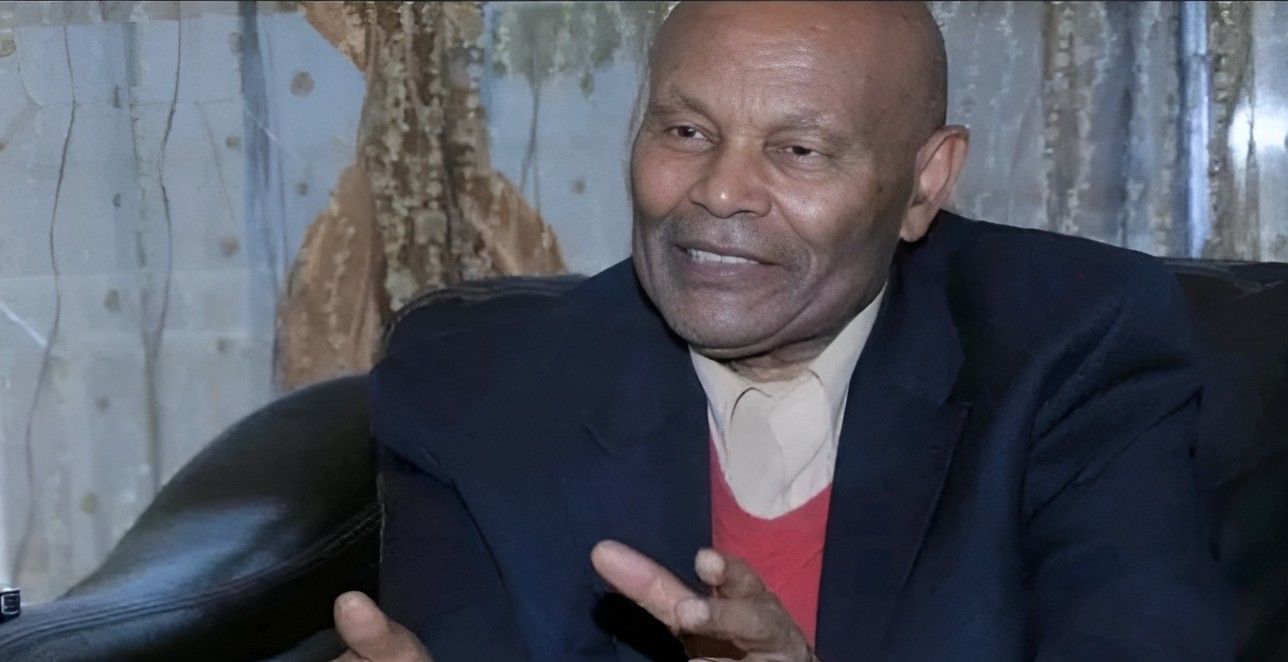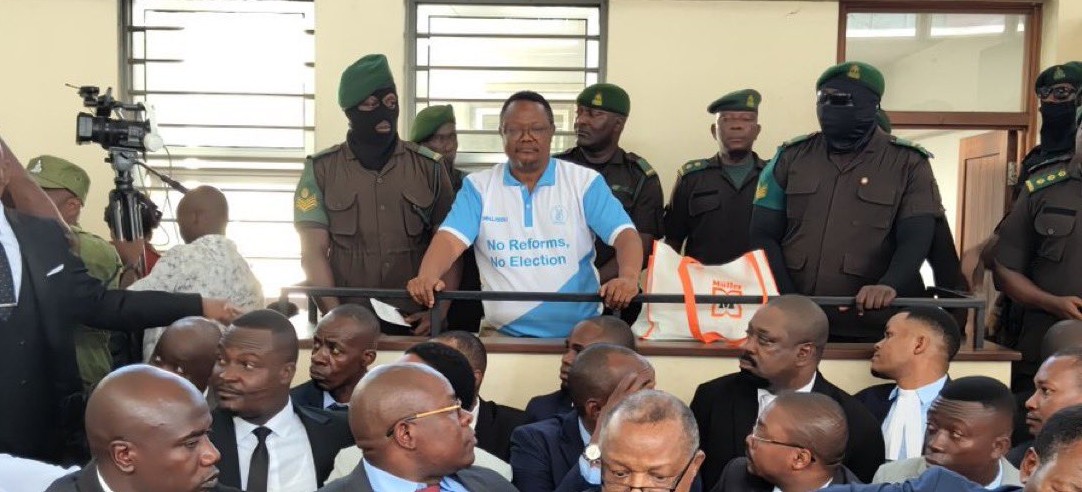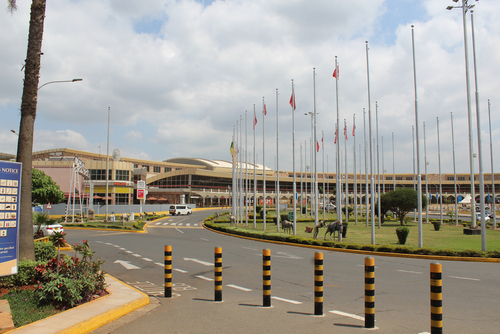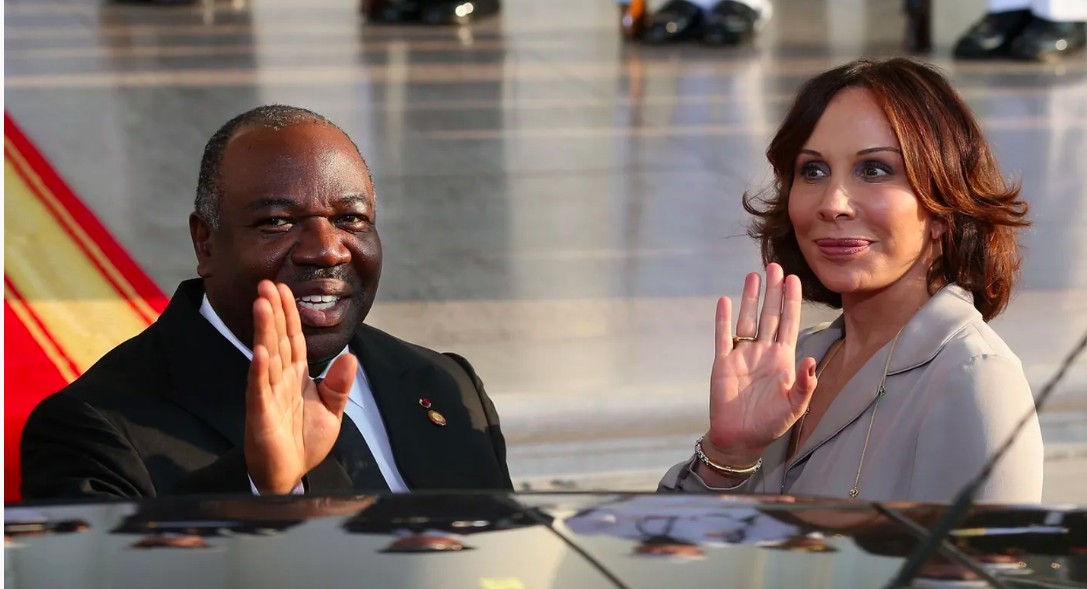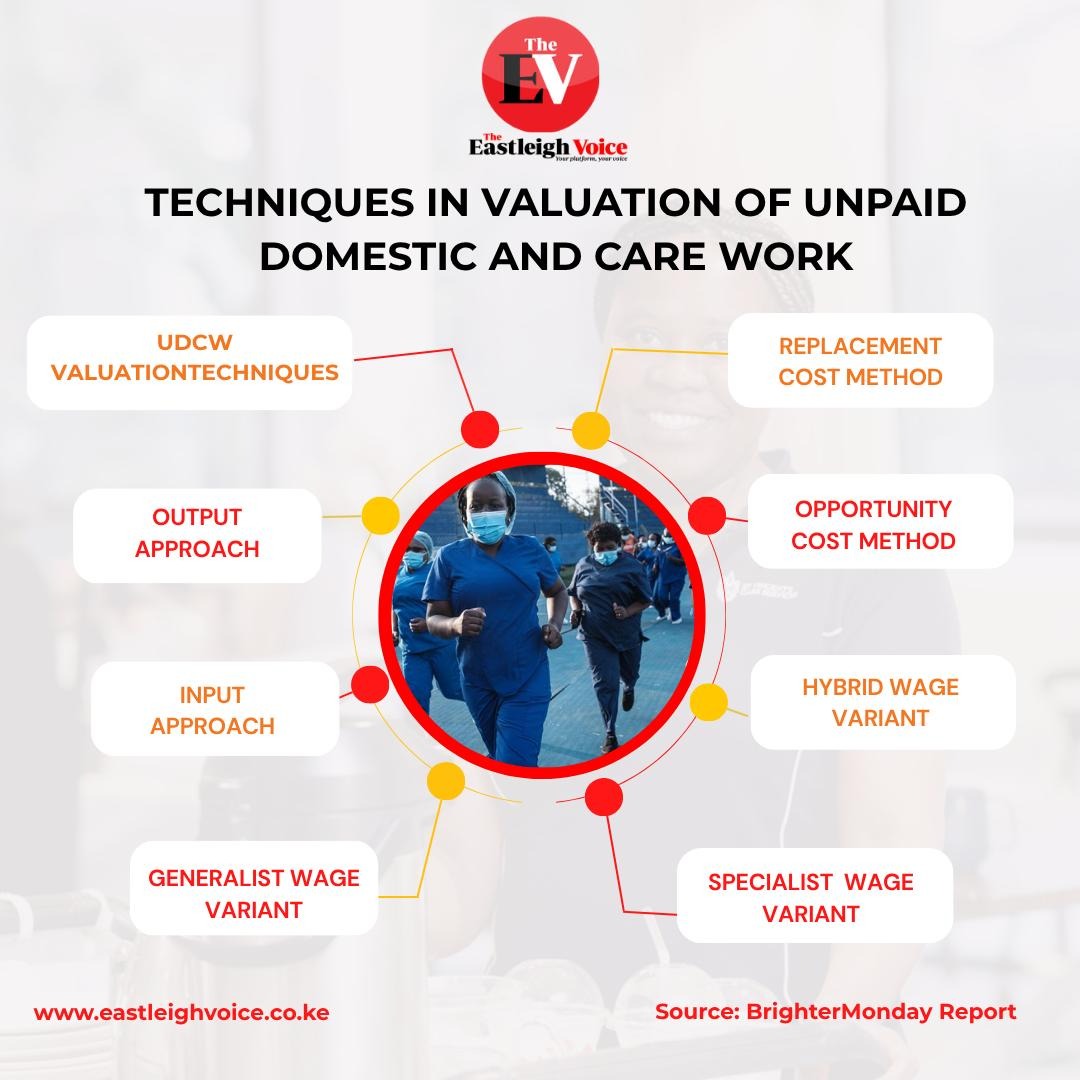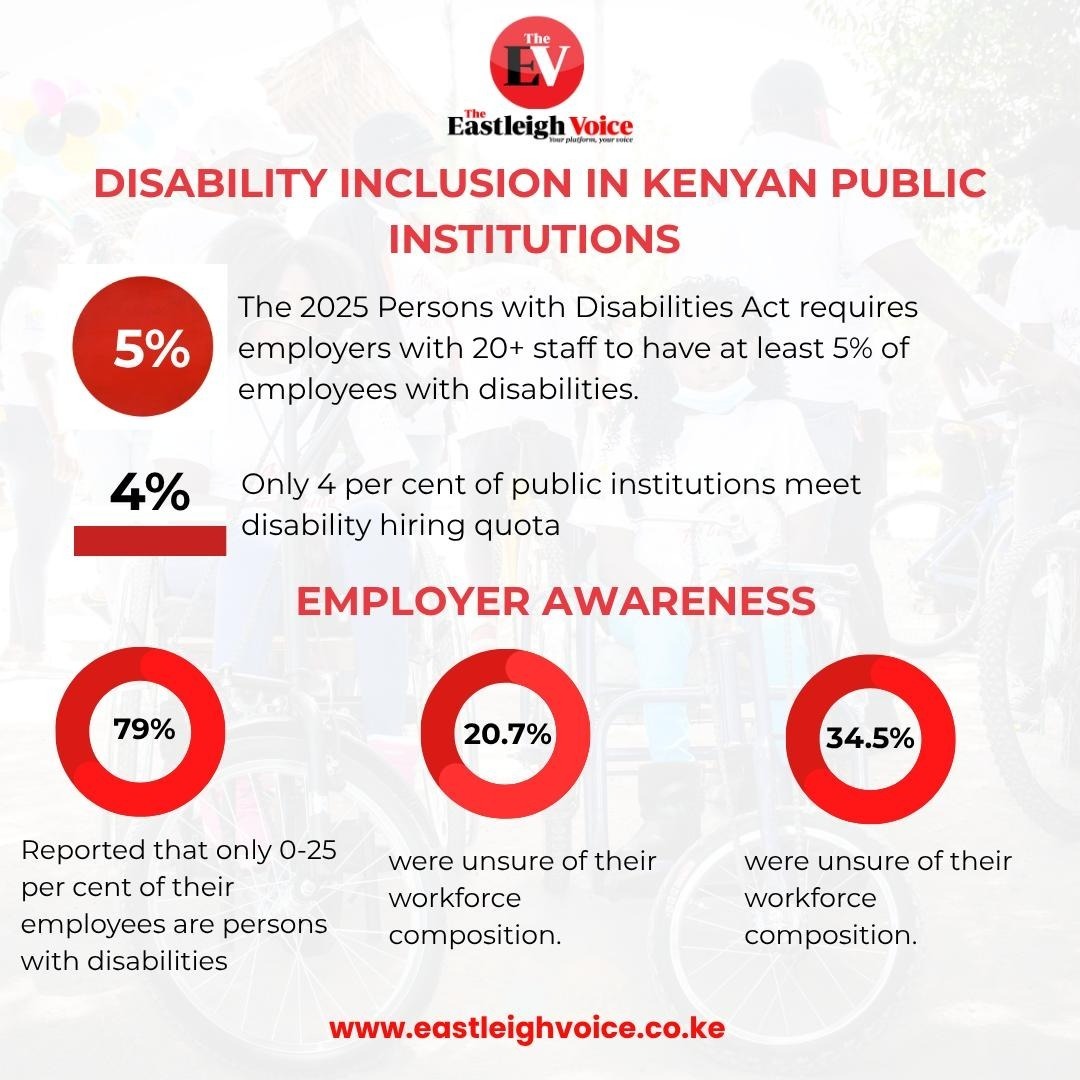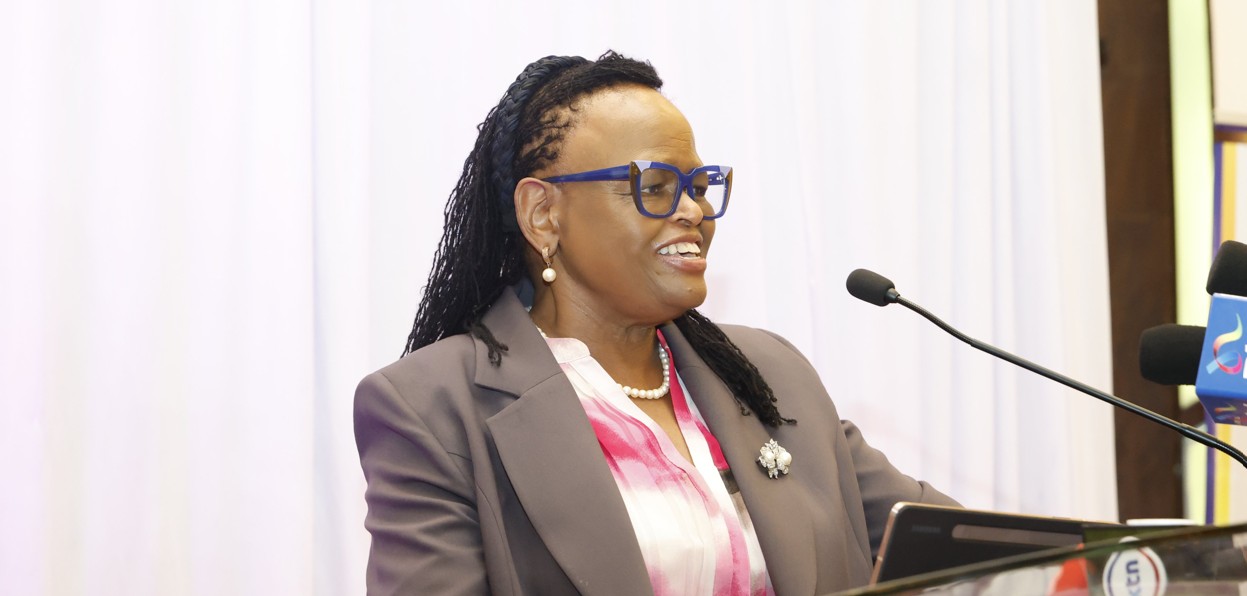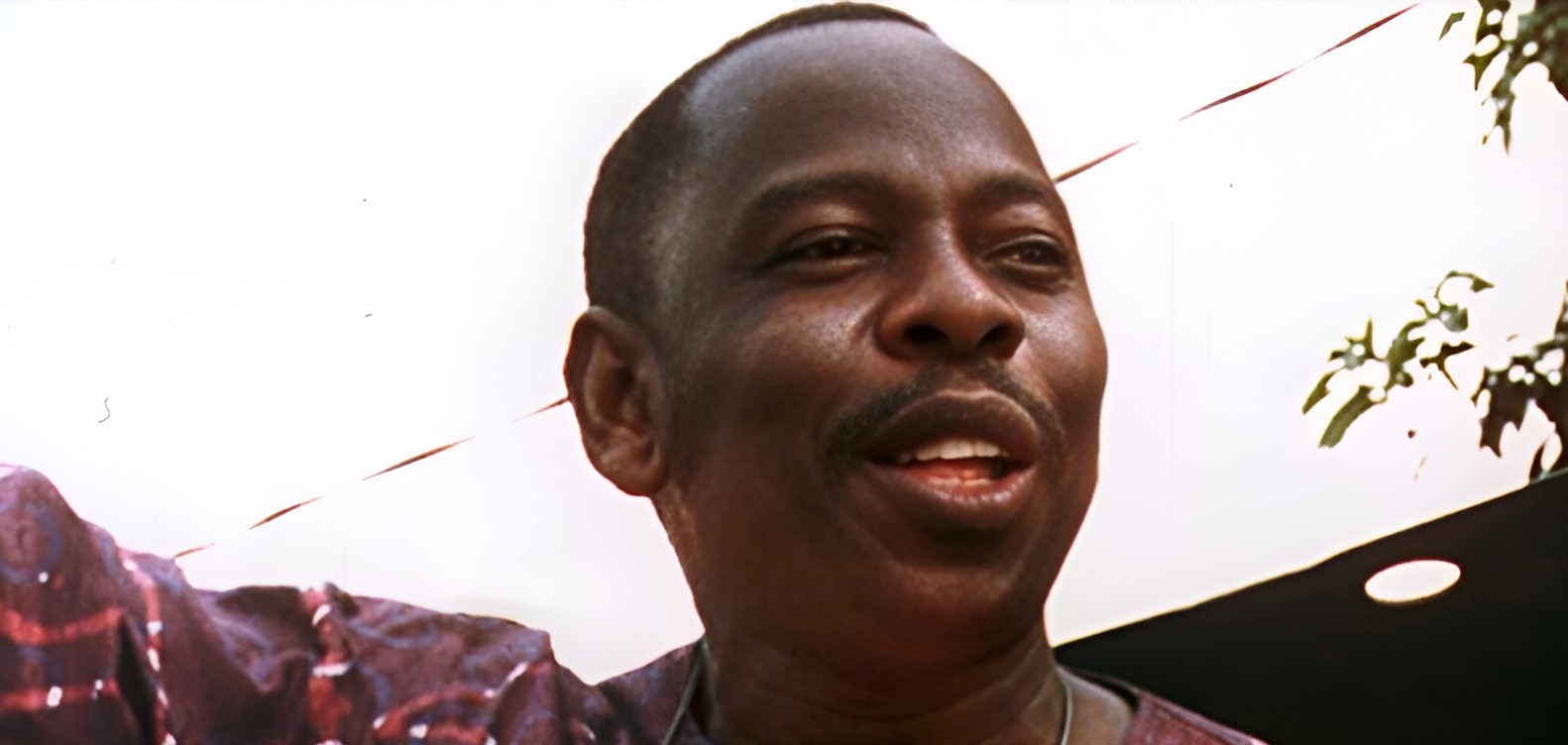Mali: AU calls on junta to reverse suspension of political parties, associations
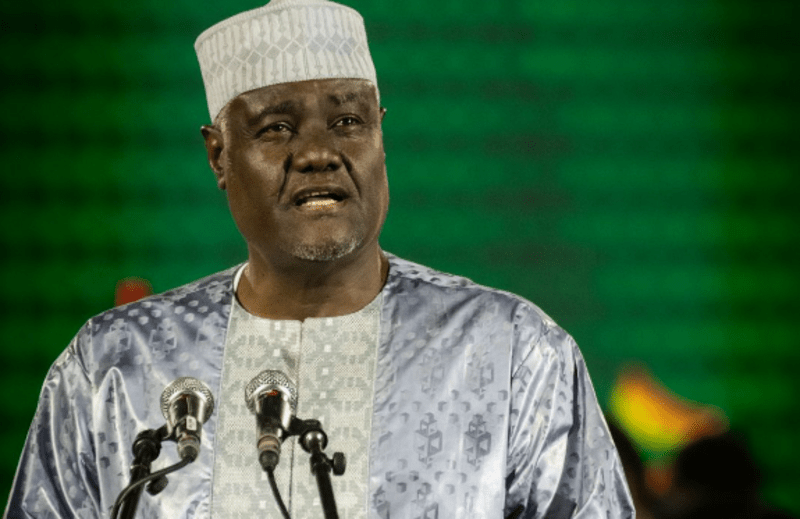
The agency said the suspension violates Malian law and the rights to freedom of expression, association, and assembly under international human rights law.
The African Union has joined calls for Mali to reverse its suspension of political parties and associations, terming the move a hindrance to the implementation of an inclusive transition process in the country.
More To Read
- African Union calls for respect of Nigeria’s sovereignty amid religious persecution claims
- AU mission declares Tanzania’s 2025 elections fell short of democratic standards
- AU, Federal Republic of East Africa call for calm amid post-election unrest in Tanzania
- Kenya’s crackdown on activists spotlighted at AU rights summit
- US drops Sh1.3 million visa bond for Mali citizens, ending diplomatic standoff
- Mali shuts schools for two weeks amid fuel shortage triggered by militants
In a statement, AU Chairperson Moussa Faki Mahamat emphasised the fundamental rights to citizenship, religious freedom, and political participation. He called on the transitional authorities to reconsider their decision and urged them to develop a roadmap to complete the ongoing transition process.
"The President of the Commission expresses his deep concern for this suspension, which is likely to hinder the implementation of an inclusive transition process in the country," he said.
Faki further reaffirmed the AU's support for the Malian people and reiterated the commission's willingness to work with the transitional authorities and all Malian stakeholders in the restoration of constitutional order within the prescribed time limits.
On Wednesday, the Council of Ministers issued Decree No. 0230 suspending all activities of political parties and associations among citizens of the country "until further notice," a move that was criticised by Human Rights Watch on Friday.
The agency said the suspension violates Malian law and the rights to freedom of expression, association, and assembly under international human rights law.
"The Malian authorities suspended all political parties and associations because they didn't like their call to hold democratic elections."
"Mali's junta, like all governments, needs to respect human rights and should immediately lift the suspension," said Ilaria Allegrozzi, senior Sahel researcher at Human Rights Watch.
Mali has been under junta leadership since they seized power in a second coup in 2021 and later promised to restore civilian rule by March 2024, following elections in February of this year and power transferred back to civilians on March 26.
The same was, however, postponed, and no timelines were issued on when the elections would take place.
The controversial decree came after more than 80 political parties and civil groups on April 1 issued joint statements calling for presidential elections "as soon as possible" and an end to military rule.
Top Stories Today




